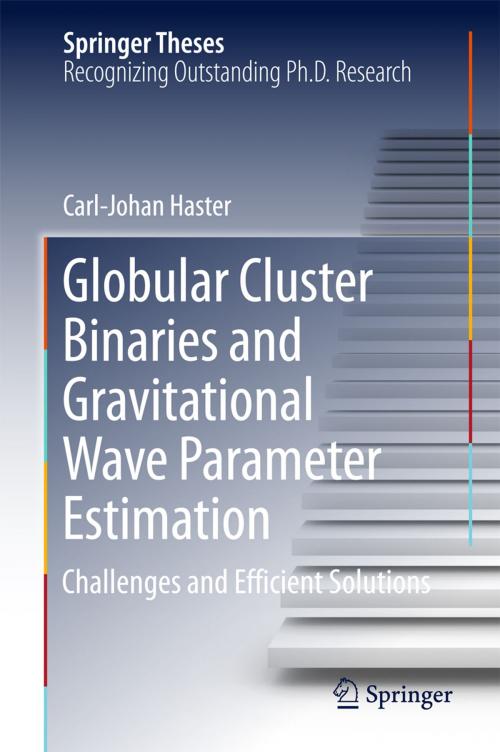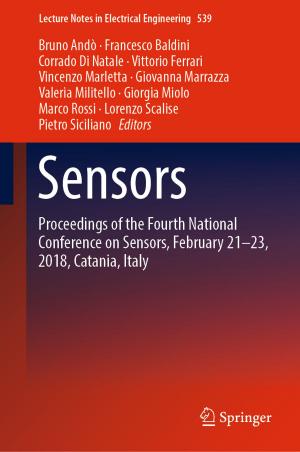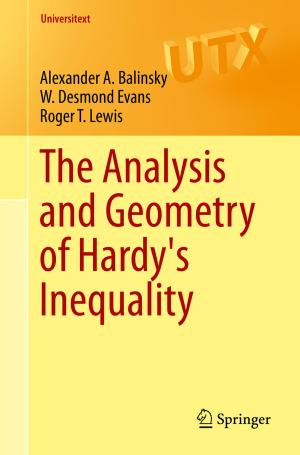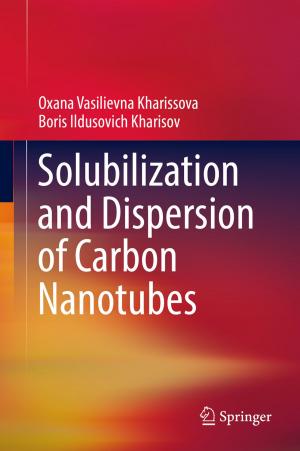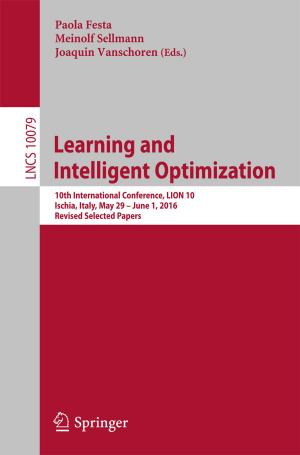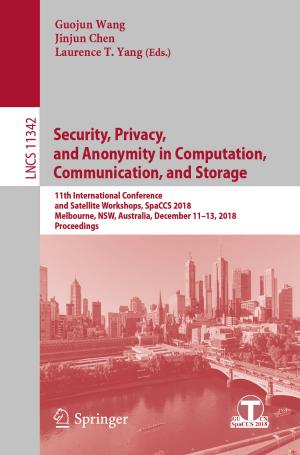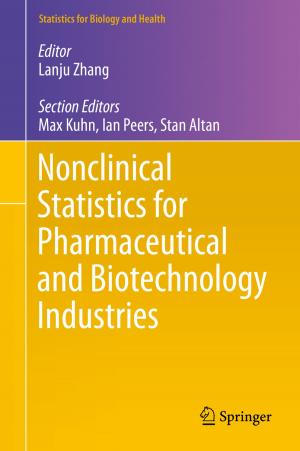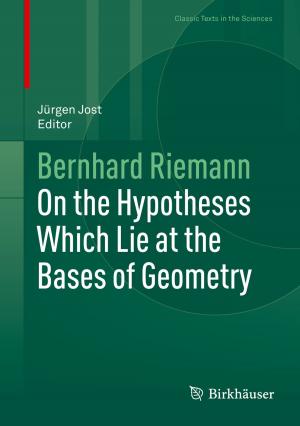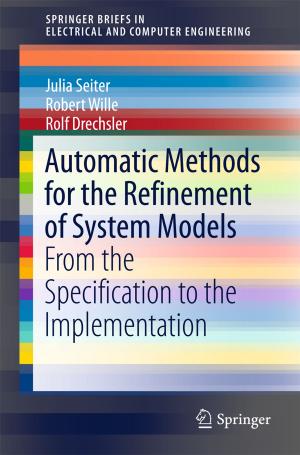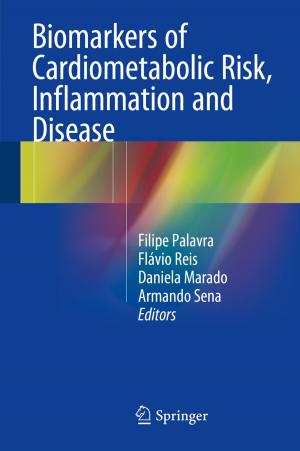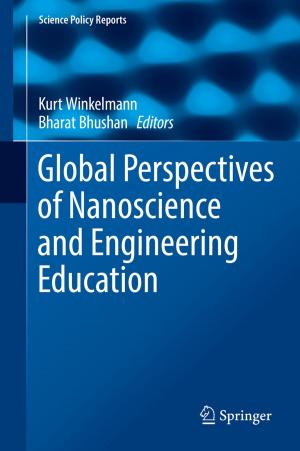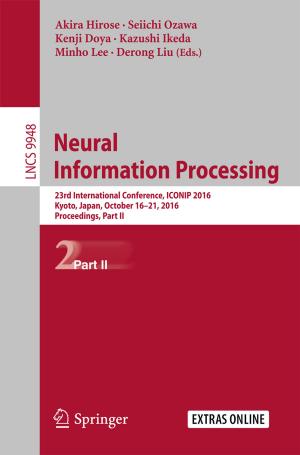Globular Cluster Binaries and Gravitational Wave Parameter Estimation
Challenges and Efficient Solutions
Nonfiction, Science & Nature, Science, Physics, Mathematical Physics, Astrophysics & Space Science| Author: | Carl-Johan Haster | ISBN: | 9783319634418 |
| Publisher: | Springer International Publishing | Publication: | July 27, 2017 |
| Imprint: | Springer | Language: | English |
| Author: | Carl-Johan Haster |
| ISBN: | 9783319634418 |
| Publisher: | Springer International Publishing |
| Publication: | July 27, 2017 |
| Imprint: | Springer |
| Language: | English |
This thesis presents valuable contributions to several aspects of the rapidly growing field of gravitational wave astrophysics. The potential sources of gravitational waves in globular clusters are analyzed using sophisticated dynamics simulations involving intermediate mass black holes and including, for the first time, high-order post-Newtonian corrections to the equations of motion. The thesis further demonstrates our ability to accurately measure the parameters of the sources involved in intermediate-mass-ratio inspirals of stellar-mass compact objects into hundred-solar-mass black holes. Lastly, it proposes new techniques for the computationally efficient inference on gravitational waves.
On 14 September 2015, the LIGO observatory reported the first direct detection of gravitational waves from the merger of a pair of black holes. For a brief fraction of a second, the power emitted by this merger exceeded the combined output of all stars in the visible universe. This has since been followed by another confirmed detection and a third candidate binary black hole merger. These detections heralded the birth of an exciting new field: gravitational-wave astrophysics.
This thesis presents valuable contributions to several aspects of the rapidly growing field of gravitational wave astrophysics. The potential sources of gravitational waves in globular clusters are analyzed using sophisticated dynamics simulations involving intermediate mass black holes and including, for the first time, high-order post-Newtonian corrections to the equations of motion. The thesis further demonstrates our ability to accurately measure the parameters of the sources involved in intermediate-mass-ratio inspirals of stellar-mass compact objects into hundred-solar-mass black holes. Lastly, it proposes new techniques for the computationally efficient inference on gravitational waves.
On 14 September 2015, the LIGO observatory reported the first direct detection of gravitational waves from the merger of a pair of black holes. For a brief fraction of a second, the power emitted by this merger exceeded the combined output of all stars in the visible universe. This has since been followed by another confirmed detection and a third candidate binary black hole merger. These detections heralded the birth of an exciting new field: gravitational-wave astrophysics.
